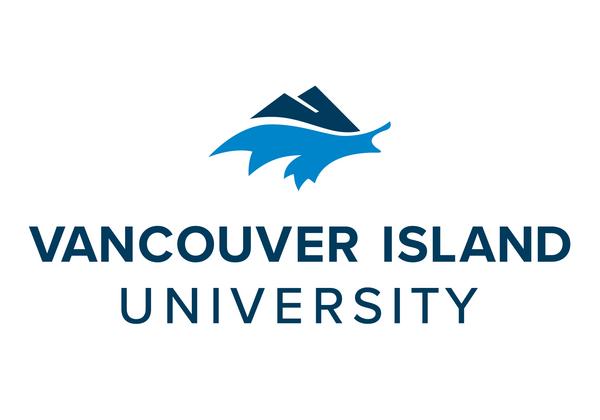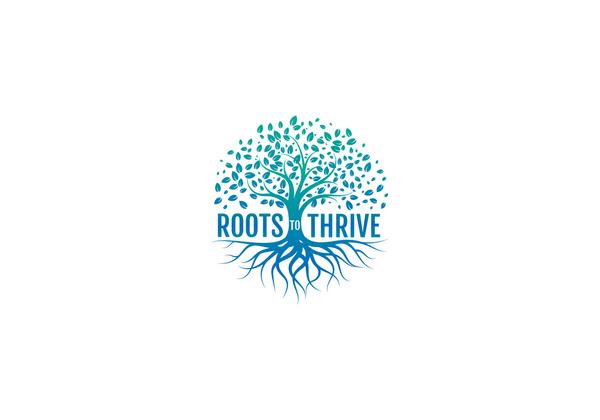Naut sa mawt Collective for Psychedelic Research
We are a group of Psychedelic Assisted Therapy (PAT) researchers, traditional knowledge keepers (including international partners), and stakeholders bringing, representing a diversity of ways of knowing. We acknowledge that a respectful synergy between ways of knowing can provide a collaborative environment to access innovative solutions for the advance of inclusive psychedelic programming, education, and research.

We aim to pave the way for research-informed programming that promotes reconciliation with ourselves; with one another; with the natural and spiritual world.
While we appreciate the standards and structures provided through the colonial systems many of us are couched in, we aim to decolonize where possible and helpful, moving at the pace of trust toward authentic, honest and equitable relationships between members.
Collaborators and Funders
The collaborative operates through volunteerism, collaboration between agencies (in kind contributions), and the generous donations of philanthropists that believe in what we are trying to bring forward.



